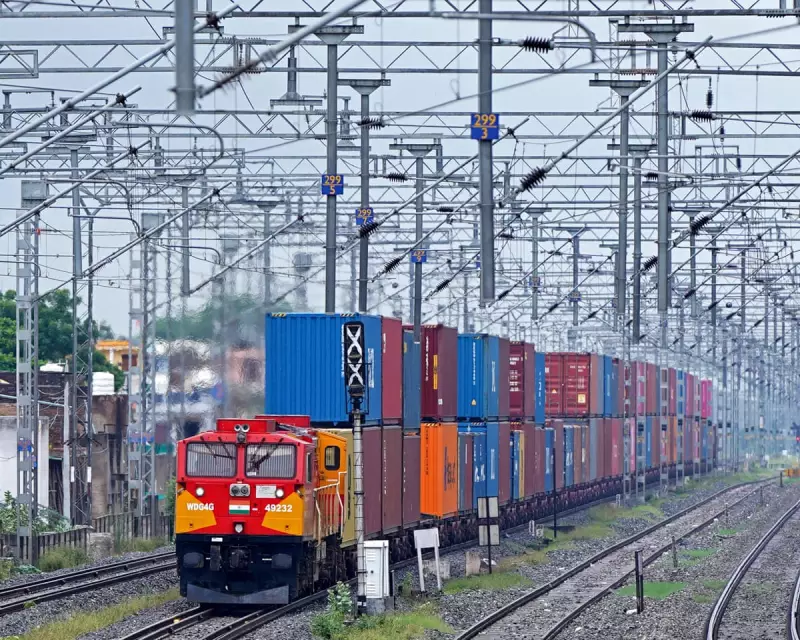
In a move that could send shockwaves through the global economy, former US President Donald Trump has proposed imposing staggering 50% tariffs on all goods imported from India. This aggressive trade policy, reminiscent of his previous tariff wars with China, threatens to destabilise international markets and could hit British consumers in the wallet.
What's Behind Trump's Trade Gambit?
The proposed tariffs form part of Trump's "universal baseline tariff" strategy, which would see import taxes applied across the board to all trading partners. This represents a significant escalation from his first term, where tariffs were more targeted. The move appears designed to strong-arm India into more favourable bilateral trade terms while appealing to Trump's protectionist voter base.
Why India Is in the Crosshairs
India has emerged as a particular focus due to several friction points:
- Trade imbalance: The US maintains a significant trade deficit with India
- Intellectual property concerns: Ongoing disputes over pharmaceutical patents and technology transfer
- Strategic positioning: India's growing economic ties with both Western nations and US rivals
Potential Impact on British Businesses and Consumers
While directly targeting US-India trade, these tariffs would create ripple effects across global supply chains that could severely impact UK interests:
- Higher consumer prices: Many products containing Indian components would see price increases
- Supply chain disruption: UK manufacturers relying on Indian intermediate goods face production challenges
- Retaliatory measures: India might impose counter-tariffs affecting UK exports
- Currency volatility: Potential rupee instability could affect emerging market investments
Expert Warnings of Economic Fallout
Trade economists have expressed grave concerns about the proposal. Dr. Evelyn Crowe, Professor of International Economics at LSE, notes: "Blanket 50% tariffs would represent the most protectionist move by a major economy in decades. The collateral damage to global trade systems and the World Trade Organization's authority could be catastrophic."
Manufacturing groups on both sides of the Atlantic have voiced opposition, warning that such measures would ultimately harm American consumers through higher prices while damaging diplomatic relationships crucial to maintaining the rules-based international order.
The Road Ahead
While still a proposal rather than implemented policy, Trump's tariff threat signals a likely dramatic shift in US trade policy should he return to power. The move underscores the growing trend toward economic nationalism and the potential unravelling of decades of trade liberalisation that have defined global commerce since World War II.
For UK businesses and policymakers, this development serves as a stark reminder of the fragile nature of international trade relationships in an increasingly volatile geopolitical landscape.





